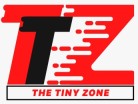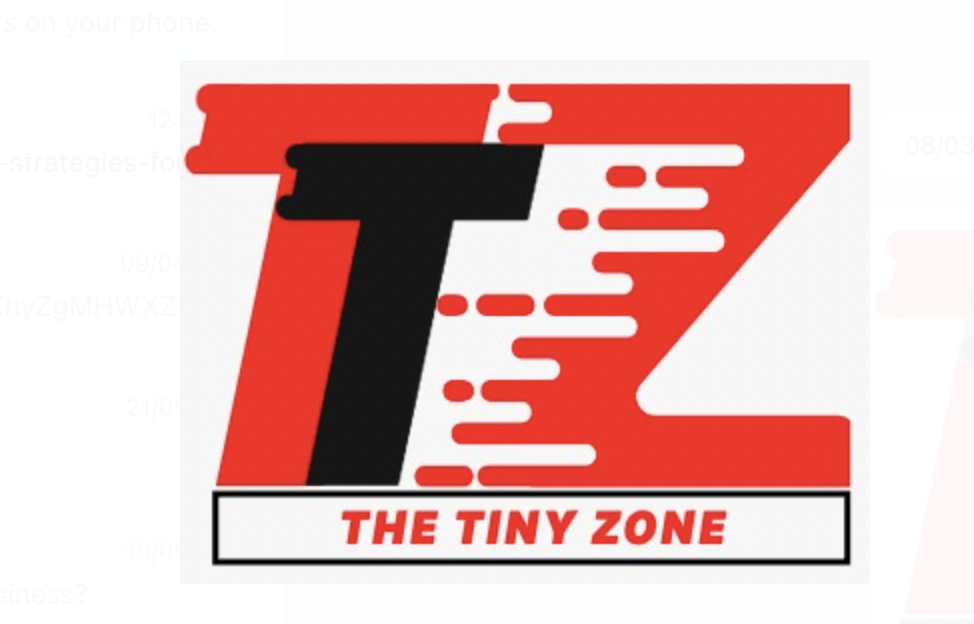Horse race betting has been a popular pastime for centuries, with people flocking to racetracks to place their bets and cheer on their favorite horses. However, with the rise of the internet, online horse race betting has become increasingly popular. This has significantly impacted traditional bookmakers, who have had to adapt to keep up with changing consumer preferences.
Advantages of Online Horse Race Betting
One of the main advantages of online horse race betting is convenience. With online betting, you can place your bet on horse races from the comfort of your home without traveling to a racetrack or betting center. This particularly appeals to people who live in rural areas or have busy schedules.
Another advantage of online horse race betting is the range of options available. With online betting, you can bet on races from all over the world rather than being limited to your local racetrack. You can also bet on a variety of different outcomes, including the winner, the place, and the show.
Online horse race betting also offers a range of bonuses and promotions, such as free bets and enhanced odds. This can make it more appealing to new customers looking for a good deal.
Disadvantages of Online Horse Race Betting
One of the main disadvantages of online horse race betting is the lack of atmosphere. There is something special about being at a racetrack and feeling the crowd’s excitement as the horses thunder past. Online betting can feel impersonal and detached, which may not appeal to everyone.
Another disadvantage of online horse race betting is the risk of addiction. Online betting is so convenient that it can be easy to get carried away and bet more than you can afford. This is a significant concern for vulnerable individuals, such as those with a history of addiction or mental health issues.
Impact on Traditional Bookmakers
The prevalence of online horse race betting has significantly affected traditional bookmakers. Many bookmakers have had to adapt to the changing landscape by offering online betting services. This has allowed them to reach a wider audience and compete with online-only betting companies. However, traditional bookmakers face some challenges in the digital age.
One of the main challenges is the cost of running physical betting shops. With more people betting online, traditional bookmakers may find it difficult to justify the expense of maintaining a physical presence. This can lead to closures and job losses, particularly in areas with high unemployment.
Another challenge for traditional bookmakers is the competition from online-only betting companies. These companies can often offer better odds and more bonuses and promotions than traditional bookmakers, making them more appealing to customers. This makes it difficult for traditional bookmakers to compete, particularly if they cannot match the offers of their online-only competitors. Nevertheless, traditional bookmakers do have some advantages over online-only betting companies.
For example, they can offer a more personalized service, with staff who can advise and assist customers. They can also offer a more social experience, with customers able to watch races together and share their excitement.
Impact on Horse Racing Industry
The rise of online horse race betting has impacted traditional bookmakers and the horse racing industry as a whole. With more people betting online, the industry has seen an increase in revenue from betting, which has led to larger prize pools and more investment in the sport.
However, there are concerns that online betting may lead to a decline in attendance at racetracks, which could have a negative impact on the atmosphere and excitement of the sport. This could knock on the industry, with less ticket sales and concessions revenue.
There are also concerns about the integrity of the sport, with the potential for online betting to facilitate match-fixing and other forms of corruption. This is a particular concern in countries where regulation of online betting is weak or non-existent.
Regulation of Online Betting
The rise of online horse race betting has also led to calls for tighter industry regulation. In many countries, online betting is still largely unregulated, leaving consumers vulnerable to fraud and other forms of abuse.
Regulation can also help to ensure that online betting companies operate fairly and responsibly, with measures in place to prevent addiction and protect vulnerable individuals. This can help build consumer trust and confidence in the industry, which is essential for long-term sustainability.
The Future of Horse Race Betting
The rise of online horse race betting shows no signs of slowing down, and the industry will likely continue to evolve in the years to come. Traditional bookmakers must continue to adapt to keep up with changing consumer preferences while maintaining the personalized service and social experience that sets them apart from their online-only competitors.
The horse racing industry will also need to continue to innovate and find new ways to engage with fans, both online and offline. This could include new forms of technology, such as virtual reality experiences, or new types of races and events that appeal to a wider audience.
Conclusion
The rise of online horse race betting has significantly impacted the industry, from traditional bookmakers to the horse racing industry as a whole. While there are advantages and disadvantages to online betting, it is clear that it is here to stay, and the industry will need to continue to adapt and evolve to meet the changing needs of consumers.
Ultimately, the future of horse race betting will depend on finding the right balance between tradition and innovation, between online and offline experiences, and between the needs of consumers and the industry’s interests. It will be a challenging but exciting journey and one that will require the collaboration and cooperation of all stakeholders in the industry.


